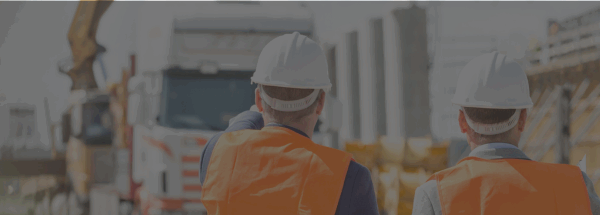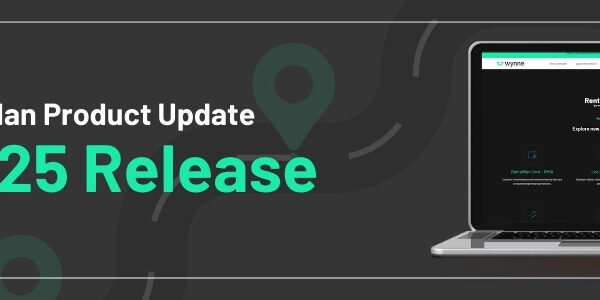
It’s strange isn’t it, just as the environmental lobby in the US is getting ready to fight against President Trump’s less green agenda than his predecessor it feels like the area of debate has already shifted away. Whilst government leaders all over the globe decide where they sit on the green agenda; cities, the places where most of us live and work are making their own decisions.
The green agenda has in many ways shifted, who cares whether a National government decides that greener vehicles are necessary if the major cities are autonomously moving towards greener living. Traffic is a problem for pretty much every city on the planet, and the green agenda merges with a paramount desire to keep the city moving which means reducing traffic, making traffic that exists more efficient and reducing the health risks associated with vehicle emissions.
The logistics industry, quick to see the direction of travel (companies like DHL, UPS etc) are already experimenting with entirely new methods of delivery in cities. Some of these logistics firms have got so fed up of waiting for the vehicle industry to catch up they’ve been converting their own vehicles to 100% electric rather than buying off a production line. Oddly, the issue they have is that most cities can’t provide enough power to charge a full fleet of delivery vehicles so they may have to create local energy farms of their own using solar and other renewable power sources to bypass city grids.
StarShip Technologies is currently trialing last mile delivery via “walking” robots in several major cities, offering the possibility of small item delivery with no emissions at all and taking smaller delivery trucks off the street to alleviate congestion simultaneously.
So why am I bothering to write about this in relation to equipment rental? It is likely that cities all over the globe are going to get tougher on emissions, traffic, and delivery vehicles. For those rental companies that deliver using big, diesel-powered, high-emitting vehicles this means that costs will rise. It won’t matter whether climate change talks globally have failed, stalled or moved forward. It won’t matter which party is in power in your particular country. There is an inevitability towards the trend towards greener, reduced traffic cities and it all stems from the idea that a city that cannot move, cannot survive.
When you need to deliver to a customer working on a city center construction site you may find yourself with more red tape, more permits and more restrictions than have been there before. What will that mean for your business? Will it mean more city-center locations? Pricing that takes into account charging for deliveries and pickups at different times of day? Will it mean deliveries in the evening rather than in the morning to avoid congestion charges? Will Route optimization become more important as journeys are monitored more closely by city authorities?
If your business is already thinking about how to adapt to changing requirements in the cities you serve please get in touch and let us know what is important to you.
For a great broadcast discussing some of the ways the logistics industry is tackling this try “Delivering Clean Air”
Helen Sowerby, Wynne Systems, Director of Business Development




